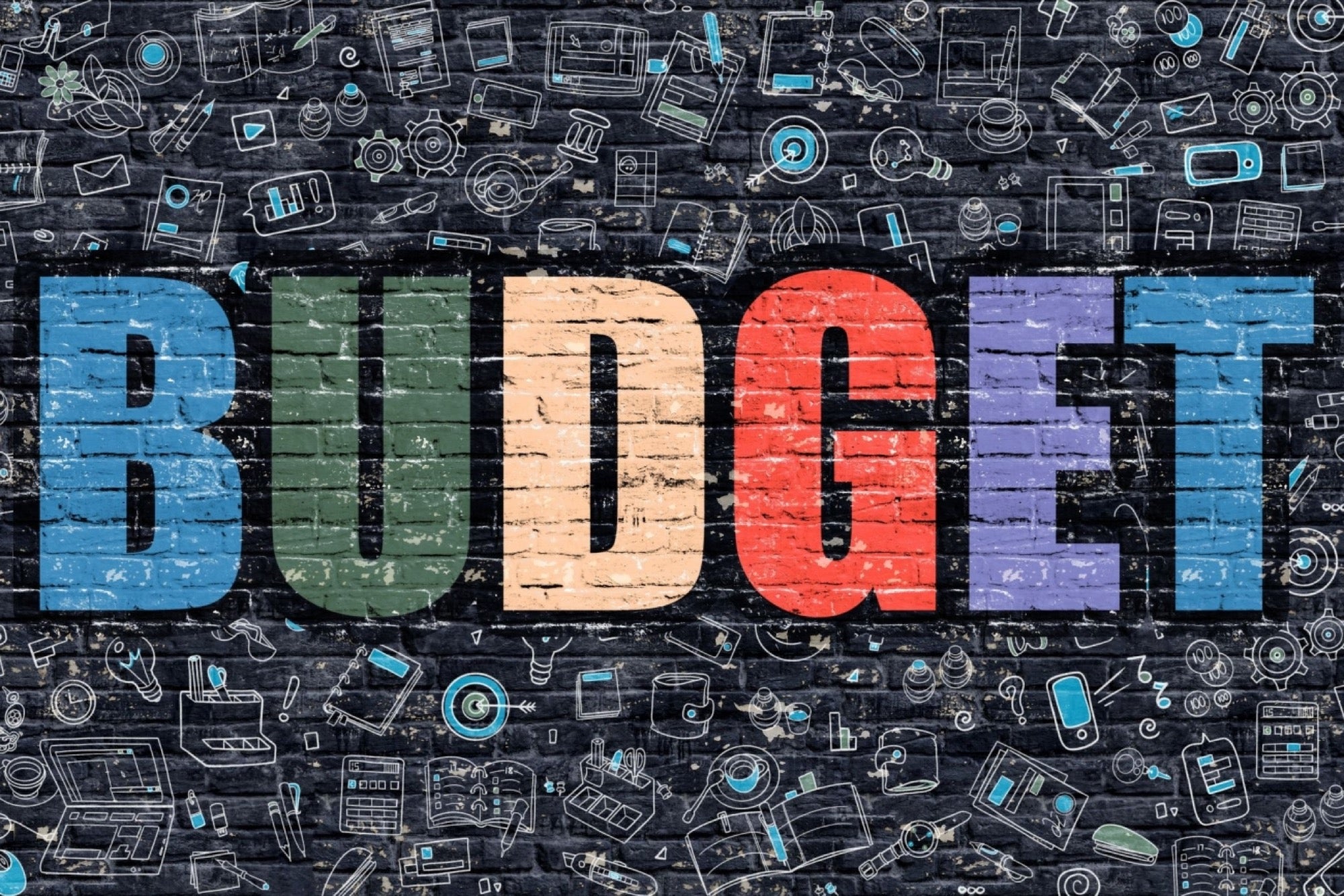Budget 2019 Expectations: 7 Things the Government Can Do to Boost the Indian Economy The one area where the NDA 1 government was seen to be under performing was in job creation, this is where big announcements are expected
Opinions expressed by Entrepreneur contributors are their own.
You're reading Entrepreneur India, an international franchise of Entrepreneur Media.

On 5th July 2019, Finance Minister Nirmala Sitharaman will be presenting the budget for the newly formed and extremely popular NDA government. Several concerns have been raised about the state of the economy, especially since the GDP growth rate has been declining steadily for the last three quarters, falling to a 5 year low of 5.8per cent in the last quarter. No surprise then that the expectations are running very high and the Finance Minister not only has the task of enabling growth but also of setting a clear foundation for the next 5 years. Amongst all the excitement and anticipation.
1) Tax Benefits to Promote Cashless Economy: First step is to do a voluntary disclosure of cash scheme, with no tax implications. This will put money in to banks. Second is to create a scheme (like SEZs) where small traders below certain earning should be given tax exemption from income earned through digital medium in certain geographical regions. Geography can be defined on the basis of areas of high cash utilisation and low bank presence.
2) Ease of Doing Business for the SME Sector: A few small steps will help here. First, all tax and ROC compliance should be done once a year in a specified time frame and as a single process. Even new compliance requirements should be done as part of this rather than doing as a one-off at different times during the year. This will reduce the time and cost of using professional services. The process like TDS payments should be done through a direct debit process which should include all banks rather than a few banks only.
3) More Clarity in the E-KYC Process: E-KYC using Aadhar should be allowed for certain types of organisations. This includes utilities (gas, electricity, internet, phone, etc) and financial services (banks, NBFCs, insurance, etc). The policy must clearly state requirements in terms of process, technology infrastructure and data security. Companies satisfying the criteria must be given full access to e KYC services without the need to make large security deposits or the need to go through intermediaries. Access to Aadhar based E KYC is important but so is the need to keep the cost of that low for organisations and ease of use.
4) Financial Inclusion for Imparting and Increasing Awareness for Digital Payments: The government must launch a national education program (like pulse polio or hum do humare do) to educate the country on benefits of digital payments. This must be done through private partnerships by extending tax benefits to small traders taking digital payments (mentioned above). National and state curriculum must also have financial literacy as a subject which should include practical classes taken by financial services companies (another way to get private partnership).
The Main Points to Cover are:
Money must first be deposited in banks, then all transactions should be done digitally. This will help create baking transactions and establishment of income for people. Once this is done they can get access to credit which in turn will help them build a good credit history/score thereby getting access to more forms of credit like mortgages. Once all this happens then they get access to wealth products like savings, investments, and insurance.
5) Funding Problem: Investments made from capital gains (like sale of property or shares) into startups should be made fully tax exempt. Further, long term capital gains from start-ups should be made tax exempt. Recognition as a startup should automatically qualify companies for a startup fund which would have up to a 3-yr repayment holiday until the startup is established.
6) Startup Ecosystem: the government should set up a hundred hubs across the country. These would be physical hubs where startups will have access to shared services (like legal, accounting, PR, company secretary etc) and will also have office space at reasonable or no cost. 3-4 such hubs in every state will motivate people from all parts of the country to start up and with an automatic start-up fund and the hub services, they will have little entry barriers.
7) Policy: The government must have a clear way to "recognise' startups. Once an idea or a company qualifies, it should have complete access to all facilities and exemptions, be it funds, hub services or tax benefits.












